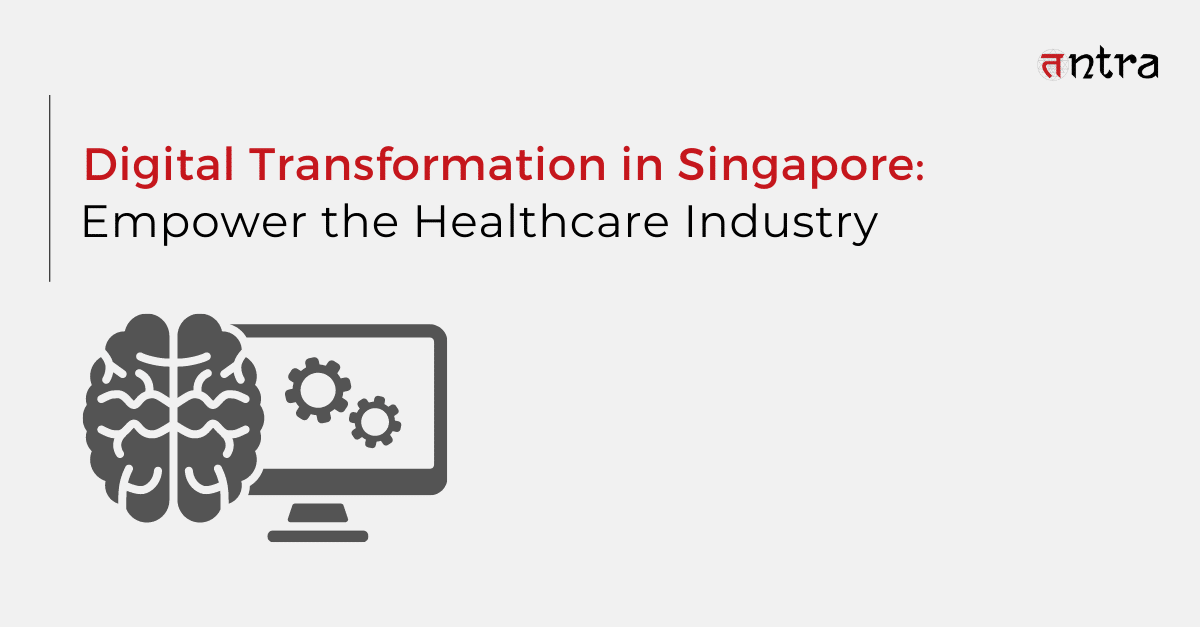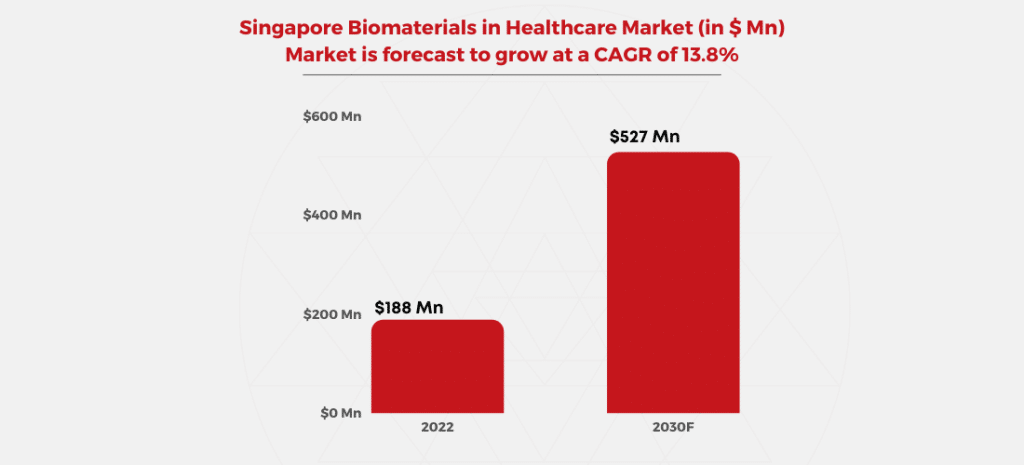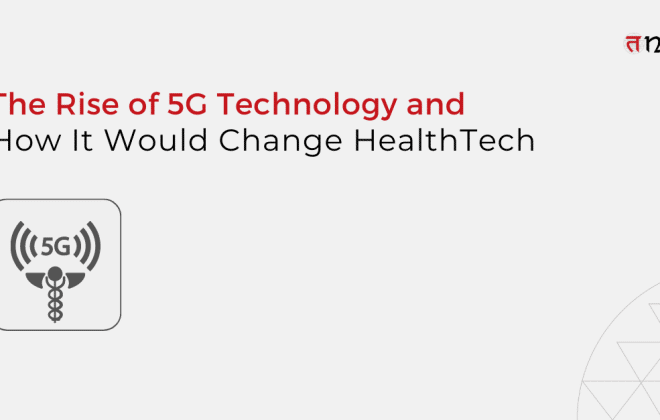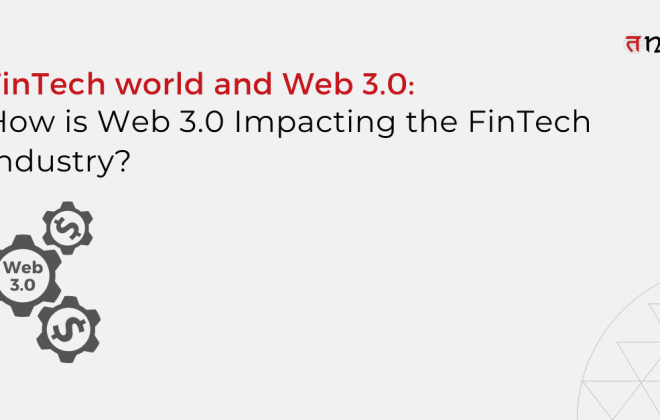
Digital Transformation in Singapore: Empower the Healthcare Industry
Digital technology is changing how people travel, shop, or do banking work. Many countries, during COVID-19, adopted digital healthcare practices to reach patients widely. However, the digital transformation in Singapore is focused on providing quality healthcare. The digital transformation in the healthcare industry improves patients’ outcomes by providing accurate, personalized, and quick treatment. It helps healthcare providers to collect and analyze the exact data to render meaningful care to patients.
By embracing digital innovations, Singapore is already moving towards digital transformation solutions in the healthcare industry. The Minmed Telemedicine Clinic in Singapore has leveraged digital transformation in healthcare market by leveraging the SmartRx technology. It helps the experts to provide knowledge to students, staff, and nearby residents who need help to make it to the clinics. The Minmed Telemedicine Clinic sets up two pod sections.
The patient enters the private pod for virtual consultation through the Minmed Connect App. Some monitoring capabilities include measuring patients’ temperature, height, weight, blood oxygen, heart rate, blood pressure, etc. After getting the doctor’s prescription, the patient can collect the medicine from another pod section. There is a drug dispensing machine where patients can collect their medications.
This is one of the biggest examples of digital transformation in healthcare, and it is safe because patients can only get medicines when they key in their 6-digit security code. Moreover, this digital transformation in healthcare will help doctors to check which drug is running low in inventory and which needs to be restocked.
Source: FutureIoT
Statistical Insight into Digital Transformation in Singapore in Healthcare Industry
After the COVID-19 pandemic, Singapore has widely adopted technological innovations in the healthcare sector. The country follows AI-based approaches to keep a check on chronic diseases. One of the biggest challenges of digital transformation in healthcare is catering to the health situations of older adults. For example, diabetic patients in the country will rise to 1 million by 2050. To overcome those challenges, healthcare institutes can use AI technology to detect the disease and provide the right medical care.
Talking about the medical devices in Singapore, the country will see the valuation of the Biomaterial Healthcare Market to $527 million by 2030. According to Insights, regenerative therapies, and tissue engineering will become part of this steady growth. The Biomaterial market will rise at a CAGR of 13.8% from 2022 to 2030.

The Roland Berger study showcases that the use of Artificial Intelligence (AI) and other digital tools in the healthcare industry will grow to a share of 12% within the healthcare sector. Almost 979 billion euros of digital products and services will be in demand globally and get the benefits of digital transformation in healthcare.
Another survey states the healthcare transformation in Singapore with the introduction of medical tourism. It will help Singapore’s healthcare industry to reach a whopping $44 billion by 2030. The aging population will be the one that will be driving medical tourism in the country. Singapore will provide the best healthcare apps designed and developed in collaboration with reputed software product engineering services in the coming years.
How Does Digital Transformation Help Healthcare in Singapore?
We have already seen one of the righteous digital transformation Singapore examples in the healthcare sector. The medical sector leverages digital assets to improve the health sector. The aim is to reach out to remote locations with the help of digital tools.
Let us quickly walk you through the changes in the healthcare sector through digital transformation consulting.
- Personalized Care:
- As Minmed analyzes and leverages digital tools, it provides customized medical care to patients. Many other healthcare institutions in Singapore are leveraging AI and other digital tools to provide personalized patient care. Telemedicine is growing by leaps and bounds.
- As Minmed analyzes and leverages digital tools, it provides customized medical care to patients. Many other healthcare institutions in Singapore are leveraging AI and other digital tools to provide personalized patient care. Telemedicine is growing by leaps and bounds.
- Appointments are Easier:
- You do not have to stand in long queues or wait for the private clinics to reopen at their scheduled time only. Virtual consultation and telemedicine are bridging the gap between doctors and patients. An integrated telemedicine system assists patients in scheduling their appointment according to their schedule and convenience.
- You do not have to stand in long queues or wait for the private clinics to reopen at their scheduled time only. Virtual consultation and telemedicine are bridging the gap between doctors and patients. An integrated telemedicine system assists patients in scheduling their appointment according to their schedule and convenience.
- Early Detection of Chronic Diseases:
- The diseases like cancer, diabetes, Alzheimer’s, heart stroke, etc., are already on the rise. Early detection with the help of telemedicine for remote patients will help in early check-ups and urgent medical care. It will increase the life expectancy of the patients too.
- The diseases like cancer, diabetes, Alzheimer’s, heart stroke, etc., are already on the rise. Early detection with the help of telemedicine for remote patients will help in early check-ups and urgent medical care. It will increase the life expectancy of the patients too.
- Real-Time Alerts:
- As the Singaporean healthcare sector is already embracing AI, doctors will receive real-time alerts about patients. For example: if the patient’s heartbeat increases suddenly, the doctor can quickly lower the heartbeat. The use of healthcare apps developed by software product engineering company is also helping with getting real-time data about the patient’s health.
Unlock the power of innovation with Tntra’s case studies. Explore now!
Partner with Right Digital Transformation Company!
Digital transformation and digital tools are helping the healthcare industry to reach out to patients in remote locations in real-time. After COVID-19, patients still scared to leave their homes can also receive virtual consultations.
For top-notch digital transformation services, look no further than Tntra – a renowned software development company in Singapore. Our highly skilled engineers are well-equipped to meet all your healthcare app development requirements. Collaborating with us guarantees excellence and innovation in transforming your business digitally.
Call Tntra experts today to discuss your digital app requirements!




